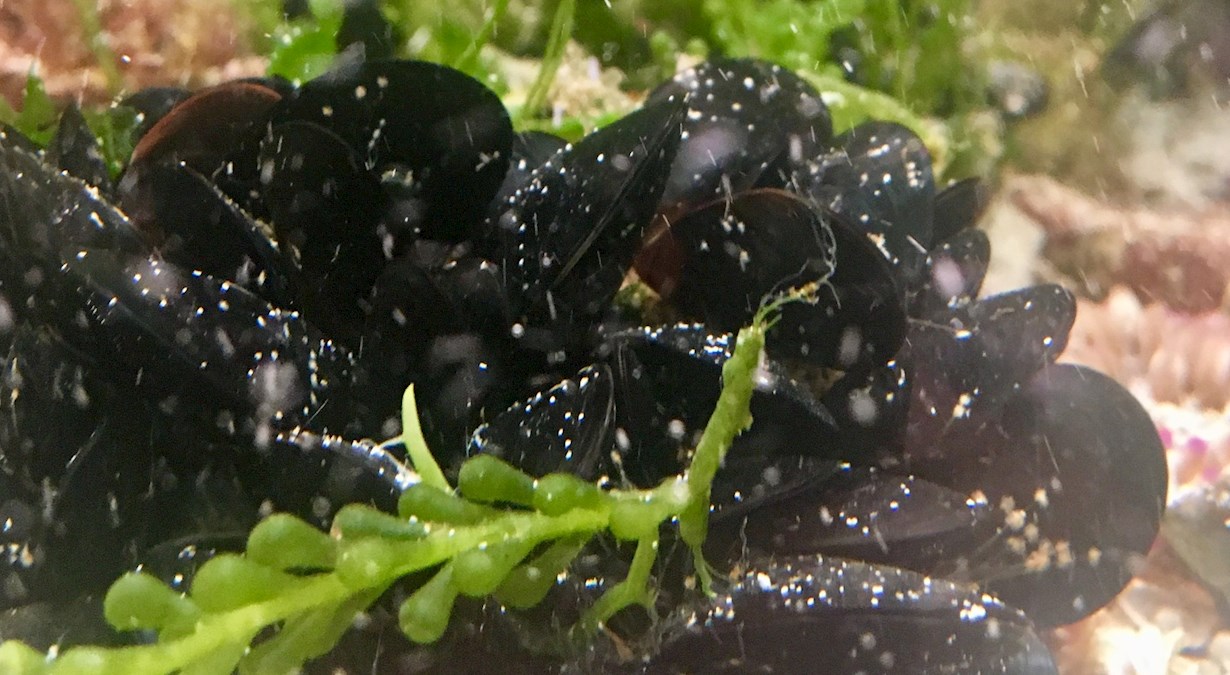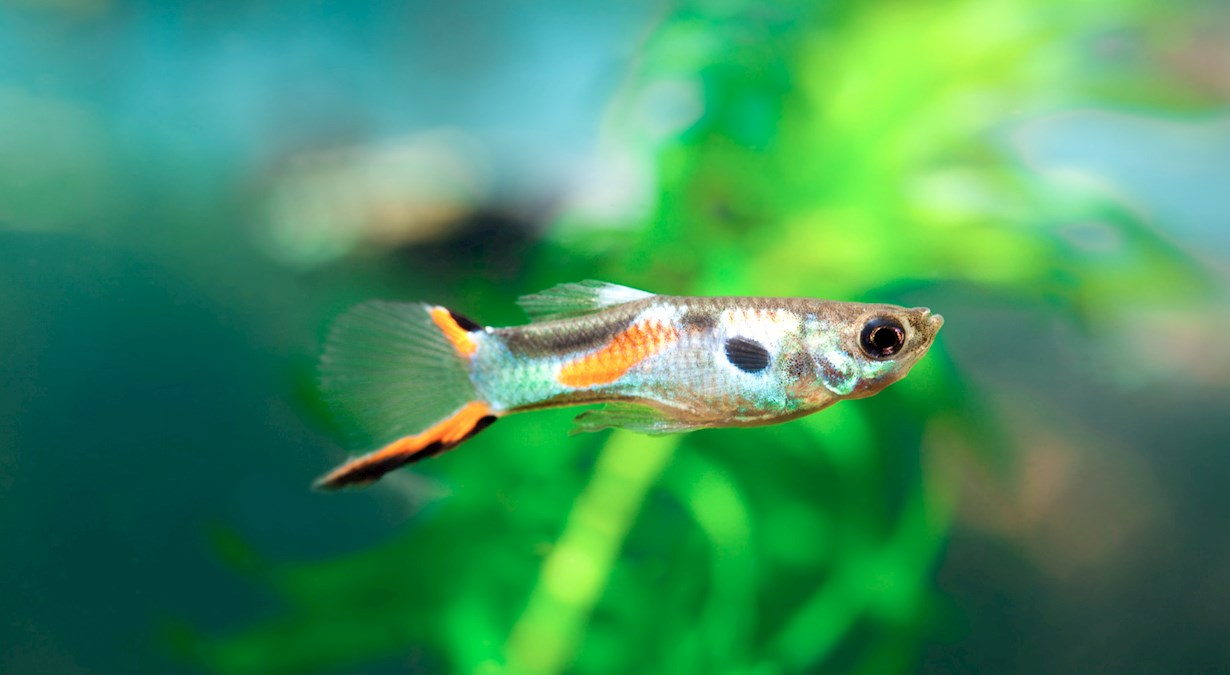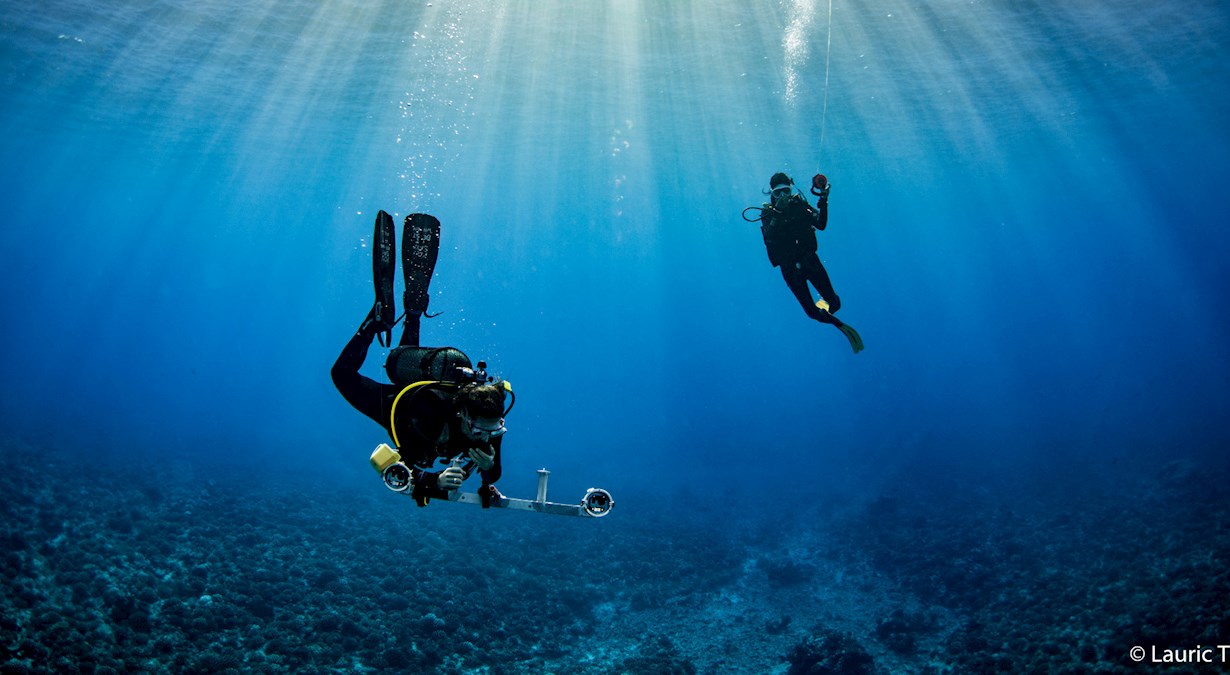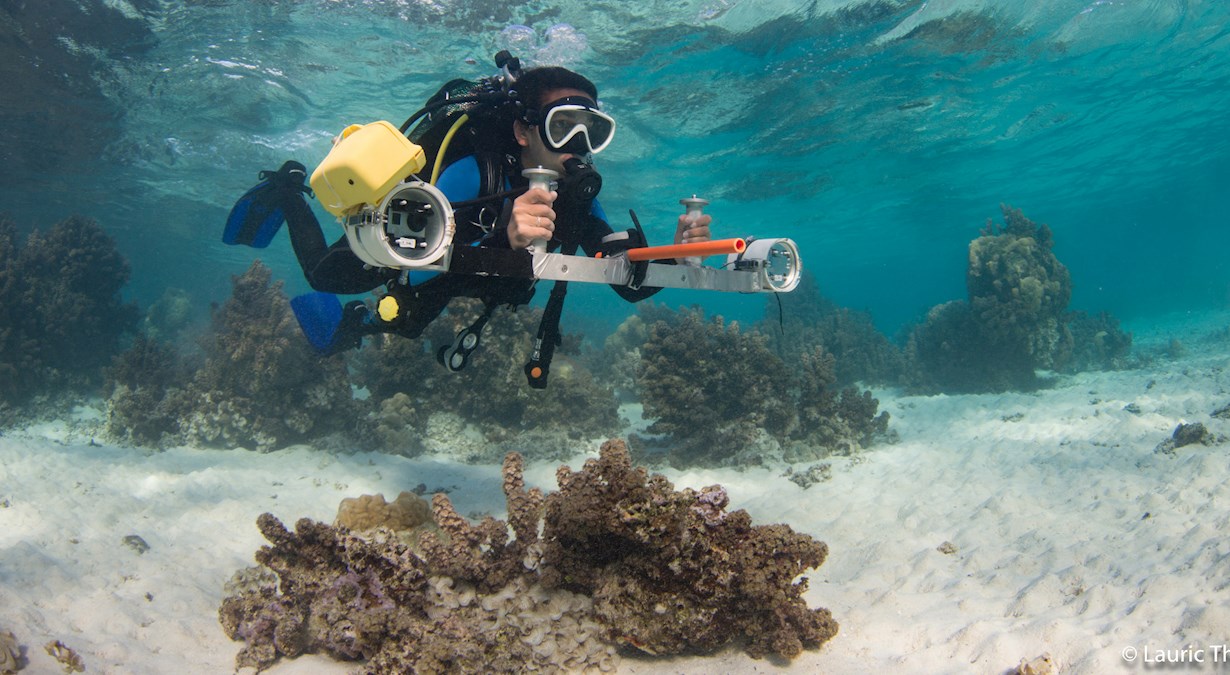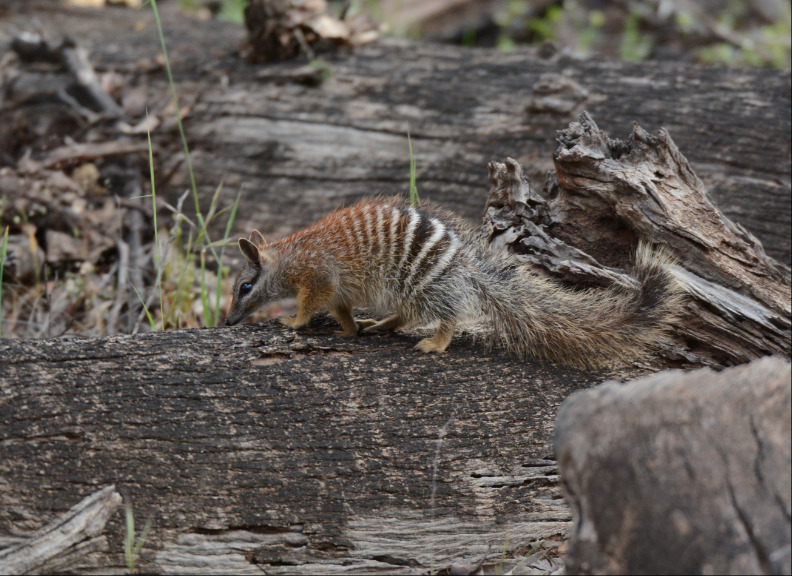
-
Highlights
-
Governance
-
Chancellor
-
Vice-Chancellor
-
Executive
-
History of the University
-
Schools
-
Campuses
-
Complaints
-
Official publications
-
Communications and marketing
-
Working at UWA
PROJECT
Using no-take marine reserves to study the effects of fishing
Developing novel ways to measure the effects of fishing
The Marine Ecology Group – Fisheries research group has a broad mission to understand how marine ecosystems can be managed for the benefit of all.
An important component of this is developing novel and sensitive metrics of the effects of fishing.
For more background information, see the suggested readings below.
This project will work with our national and international partners to:
- Develop novel metrics of the effects of fishing using no-take marine reserves
- Find common ground between traditional fisheries stock assessments and novel metrics developed from non-destructive sampling of marine reserves
- Contribute to national and international synthesis on the effects of fishing
- Suggested readings
-
Goetze, J., F. Januchowski-Hartley, J. Claudet, T. J. Langlois, S. Wilson, and S. D. Jupiter. 2017. Fish wariness is a more sensitive indicator to changes in fishing pressure than abundance, length or biomass. Ecological applications: a publication of the Ecological Society of America.
Research team leader: Dr Tim Langlois
I am a lecturer in marine ecology and statistics within the School of Biological Sciences and the UWA Oceans Institute. My own research included fisheries, marine conservation, spatial management and climate change impacts with a focus of providing information to improve the management of our coastal ecosystems. I have a large amount of experience with stereo-video methods for survey fish, sub-tidal surveys of lobster and invertebrates and building global data sets to enable synthesis.
How to apply
Interested in becoming part of this project? Complete the following steps to submit your expression of interest:
Step 1 - Check criteria
General UWA PhD entrance requirements can be found on the Future Students website.
Requirements specific to this project:
- Thorough knowledge of statistical software e.g. (R/Python) and modeling is important
- Diving and boating qualifications
Step 2 - Submit enquiry to research team leader
The Marine Ecology Group – Fisheries research group has a broad range of interests. Prospective candidates should send a short CV with two referee contacts and cover letter, briefly outlining their motivations for pursuing the PhD project to Dr Tim Langlois.
Step 3 - Lodge application
After you have discussed your project with the research team leader, you should be in a position to proceed to the next step of the UWA application process: Lodge an application. Different application procedures apply to domestic and international students.
Scholarships
- Domestic students
-
All domestic students may apply for Research Training Program and University Postgraduate Awards (UPA) scholarships
- International students
-
A range of scholarships are available from international organisations and governments. The full list, organised by country, is available on the Future Students website.
In addition, all international students may apply for International Research Training Program scholarships.
- Indigenous students
- Indigenous students are encouraged to apply for Indigenous Postgraduate Research Supplementary Scholarships.
- Forrest Foundation scholarships
- All international and Australian students who wish to study towards the degree of Doctor of Philosophy (PhD) at The University of Western Australia may apply for Forrest Scholarships.



































